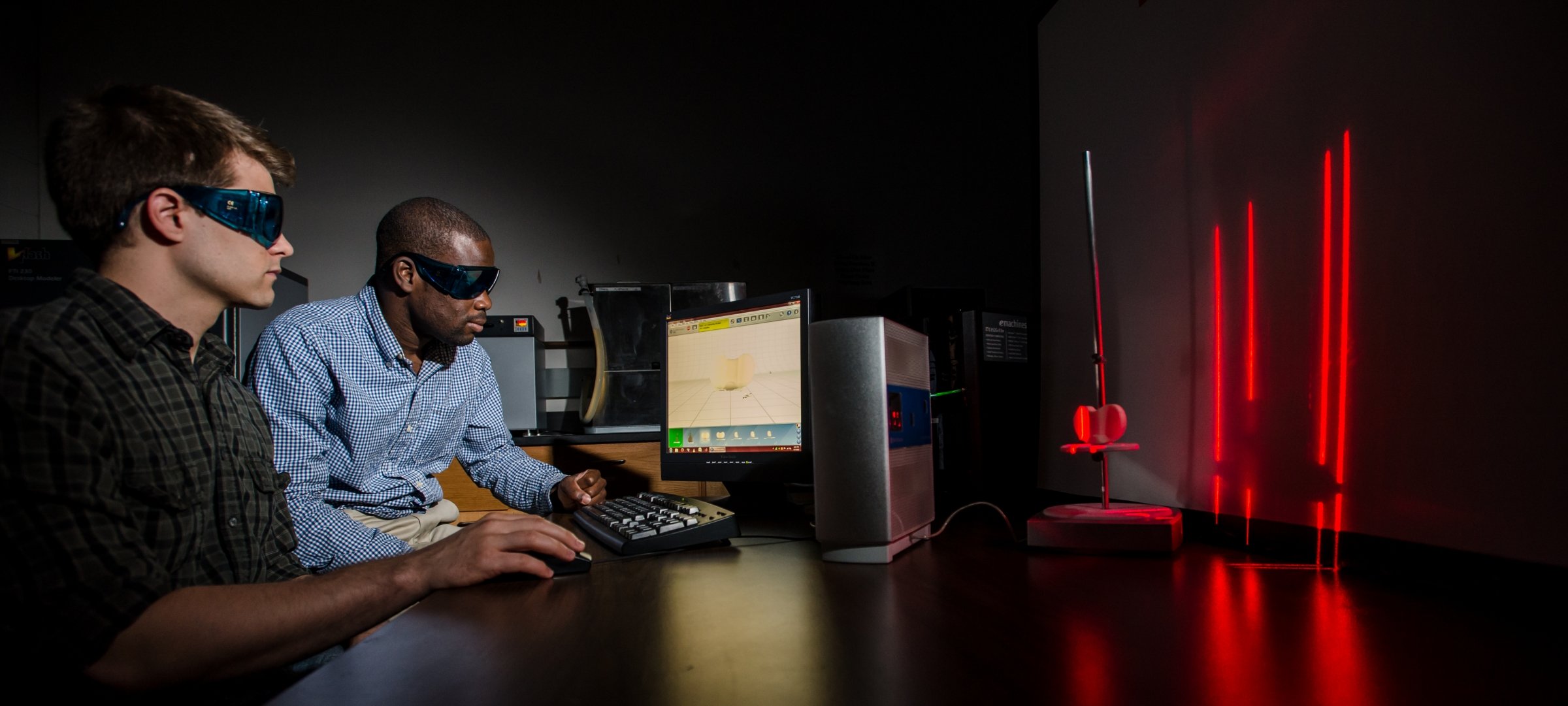At the nexus of the living and the synthetic, biomedical engineers are helping us to live longer — and live better. We're combining the best of the natural and artificial worlds. Are you ready?
Accelerated Master's Program is available for current Michigan Tech students.
Program Overview
Our master's or doctorate in biomedical engineering program develops new devices at the interface of engineering, biology, and medicine. We emphasize research and education in cardiovascular engineering, tissue regeneration and stem cell engineering, biomaterials, physiological measurements, biosensors, microdevices, biomechanics, and medical imaging and optics. Faculty and students have developed businesses with the technologies developed in our laboratories.
-
Delivery Options
- Accelerated: MS
- On-Campus: MS, PhD
Biomedical Engineering Program Details
Choose a specific degree option or delivery type to learn more about the biomedical engineering program at Michigan Tech. For international students, Biomedical Engineering is a designated STEM program.
On-Campus Programs
Additional Program Information
Want to learn more about biomedical engineering at Michigan Tech? Visit the department for more information:
Sample Areas of Interest
Select areas of interest to help customize your biomedical engineering MS and PhD. Sample areas include:
- Biomedical Instrumentation
- Tissue Engineering
- Biomaterials
- Biomechanics

